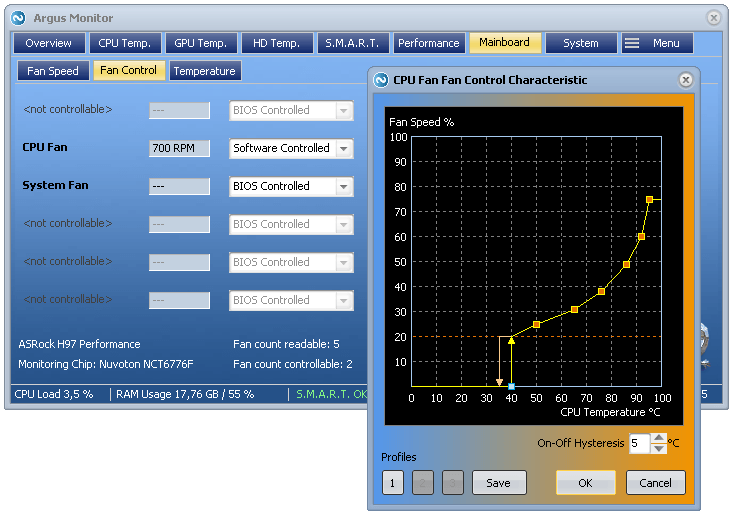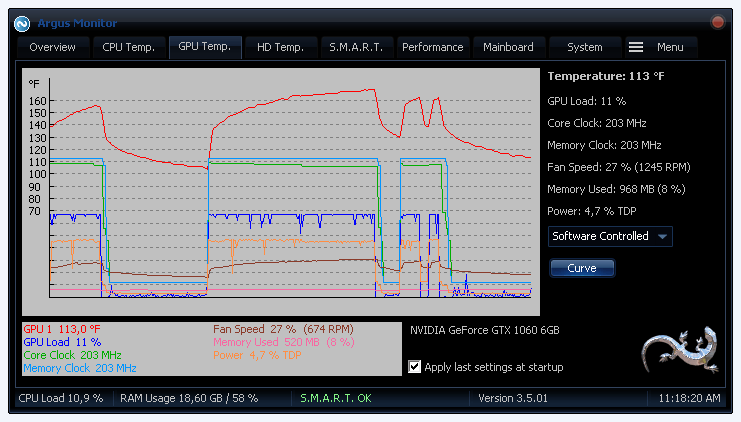

#Can i own argus monitor in chicago trial
HENCE, WHAT WE’RE getting a trial on beginning now is whether Burge committed perjury related to a lawsuit filed in 2003 by one of the defendants who claims to have been beaten and electrically-shocked. But the statute of limitations had passed, making his prosecution on charges of the violence impossible. There also was an investigation by a special prosecutor who said in 2006 that the conduct of officers under Burge’s command did rise to the level of excessive force. Those stories managed to have enough credibility that city government has paid out nearly $20 million to settle the lawsuits filed by those defendants. Stories have long been circulated in this city about how the cops in Pullman Area used excess violence in order to get confessions from criminal suspects. But now, it looks like we’re taking steps toward putting one of those stories to rest.īURGE IS A now-retired Chicago Police Department officer who once ran the violent crimes unit for the Pullman Area (the city’s Far South Side) who faces criminal charges, and jury selection for his upcoming trial began Thursday.Īt this rate, the Burge verdict may come some time just after Rod Blagojevich is scheduled (June 3) to go on trial. Their unqiue blend of widely differing musical styles set apart from almost everyone around them - in their own distinctive way, Chicago were themselves a minor revolution.A new major airport for the Chicago area, and the idea that Jon Burge is a police commander who uses torture to do his job.īoth of those are concepts that have been in the news off-and-on since before the days when I first became a reporter-type person in Chicago (some 23 years now). Anyone with a taste for Chicago's early work will welcome this opportunity to hear the band run through these blistering versions of their best-loved numbers.

The shifting textures of this lengthy instrumental are epitomised by Terry Kath's exhilarating guitar - a key component of Chicago's characteristic sound and one sadly lost forever with his death in a firearms accident in 1978. Faithful renditions of their hit singles '25 Or 6 To 4', 'Does Anybody Really Know What Time It Is? and the Steve Winwood penned 'I'm A Man' contrast with the looser improvisational approach employed on 'Liberation', the number which closes the set. On stage, although they obviously sought to reproduce the often complex arrangements arrived at the studio, they were never afraid to cut loose and explore the possibilities of the'jazzier side of their music. This recording of an early live performance at one of the famed Toronto Rock Festivals provides evidence of the band's ability and power. Its precise brass arrangements blended with lengthy jazz guitar solos appealed to a late Sixties audience constantly searching for a more sophisticated sound. Their music had an exciting, innovative feel, and was probably the most successful attempt ever to marry the diverse elements of jazz, rock and white soul. and this move, coupled with lyrics informed by the revolutionary rhetoric of the times, completed their identification with both their home town and the counter-culture. Recordings of protesters were incorporated into one of the numbers on Chicago's debut LP.
#Can i own argus monitor in chicago full
During 1968, protests at America's involvement in Vietnam were at their height, and racial tension was at fever pitch.ĭemonstrations outside the Democratic Convention in Chicago turned into full scale riots when police used tear-gas and clubs to disperse the crowds. The volatile political scene of the late Sixties provided the other key element of their success. Guercio not only secured the band dates at prestigious West coast venues, he also negotiated their recording contract with CBS. Here they linked up with James William Guercio, who had established his credentials through production work with Blood, Sweat and Tears. Their early days were spent largely unnoticed in the dingy bars and clubs of the Midwest, but a move to the West coast in 1968 proved crucial to their later success.

All but one of the band's original line-up hailed from the city which gave them their name. Their second, simply titled 'Chicago', repeated the commercial success of their first, and singles from both sold strongly either side of the Atlantic.Īs time passed, their music mellowed and interest waned, the critical acclaim turned to critical reviews, and although Chicago continued to record right through the Seventies and Eighties, they have never recaptured the excitement generated by those early releases. b'Chicago Transit Authority', was certified platinum in the US, something no other CBS artist had ever achieved, even though the label boasted such names as Bob Dylan and Simon & Garfunkel. Although it may be difficult to believe now, in the late Sixties and early Seventies Chicago were something of a phenomenon.


 0 kommentar(er)
0 kommentar(er)
